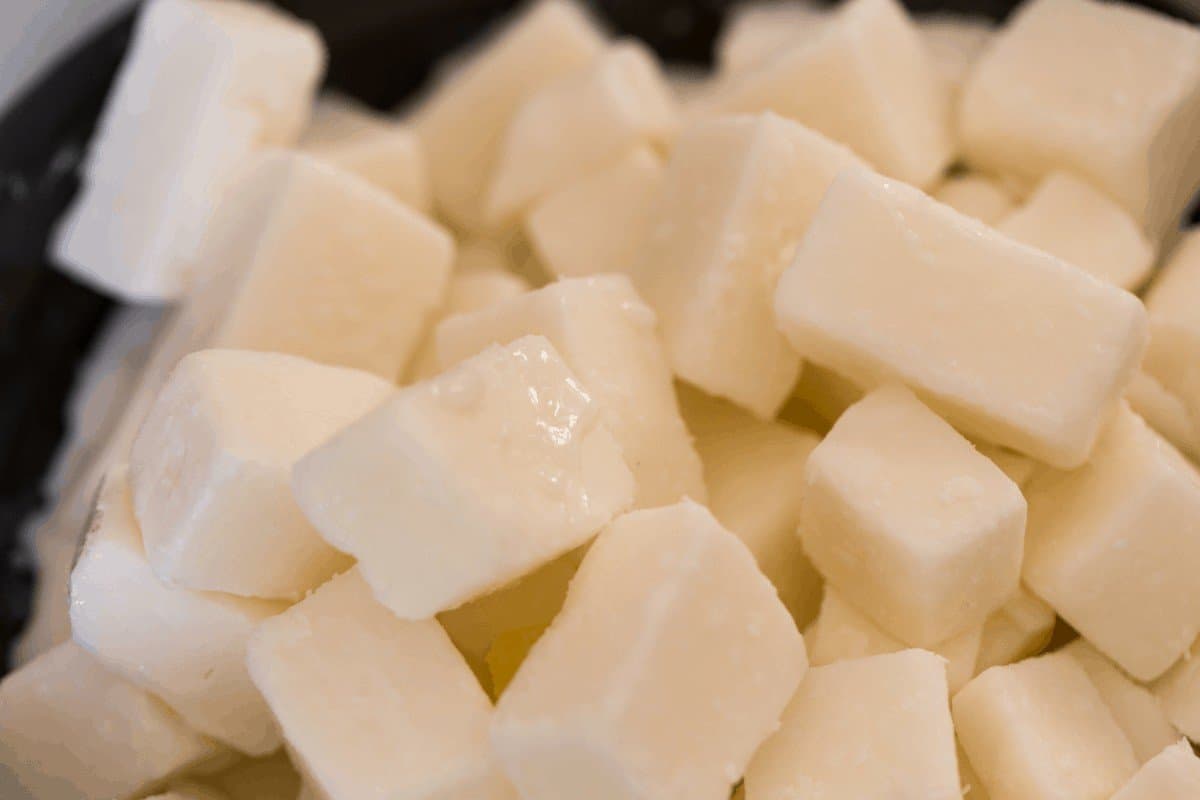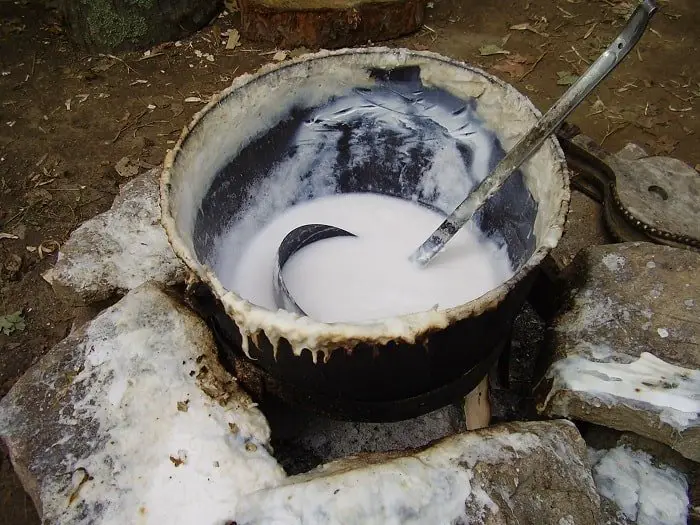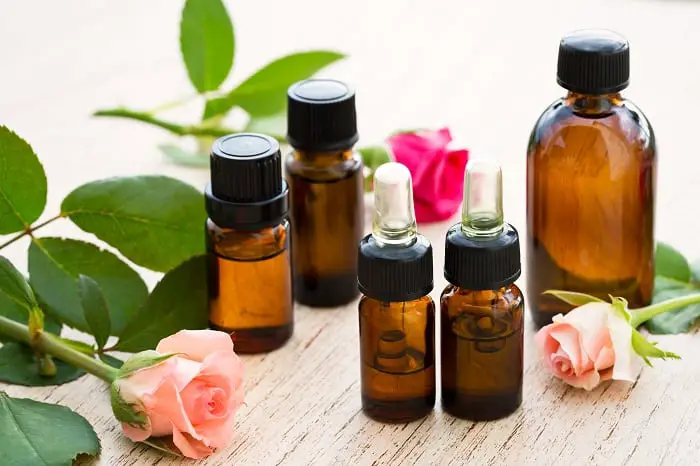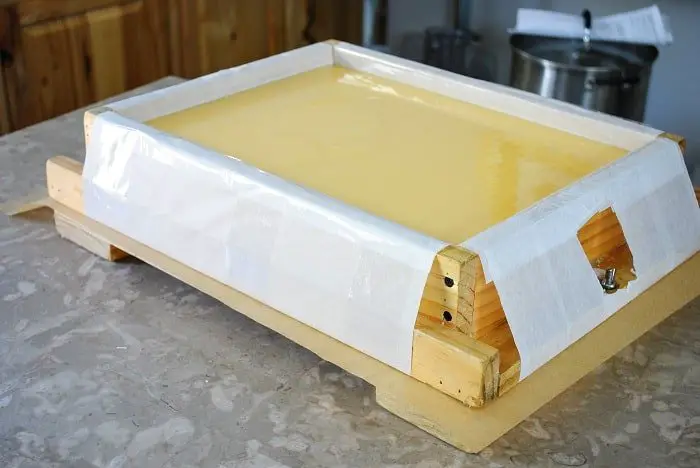To understand the substitute for lye in soap making, you must first know what it is and how it works. Lye or sodium hydroxide is a chemical that is made from salt and it mixes with oil to become soap. At first, you have oil, water, and lye which undergo a curing process and these components are transformed into soap.
However, some people might be wondering if it is possible to make soap without lye. Indeed, you can make soap using different substitutes for lye. Therefore, this guide aims to provide more details about the soap making process without using lye. It outlines the ingredients that you can use instead for making soap.
Table of Contents
Substitutes for Lye in Soap Making
There are different natural ingredients that you can use to make soap and these can replace lye, which is the basic ingredient in this process. Natural ingredients are chemical-free and this is the main advantage of using them in soap making.
The process of making soap without using lye is called melt-and-pour soapmaking and it involves different ingredients that can work as substitutes to lye.
Ingredients for Soap Making without Lye
The major raw material required to make your soap without lye is the soap base. This raw material comes in a block and there are different types of blocks that you can get. Some of these blocks contain aloe vera, olive oil and some have goat’s milk. These soap bases are designed to suit different types of skin so you might need to consider this factor.
When you acquire your soap base, there are other supplies that are required in making your soap which include the following.
Large Pyrex Bowl
You should have a large Pyrex bowl that you can use for melting your soap base. You must first mold the soap base so that you can begin your soap making process when it has been converted to a liquid state.
Molds
A bread loaf pan or silicone mold is another essential thing that you must have. You can use the mold to make different shapes of soap bars depending on how you want them to appear. There are various types of molds that you can get and these are designed to fulfill the needs of different people. If you use a bread mold pan, then you will also need a parchment paper to prevent the soap from sticking to the surfaces of the pan.
Herbs and Essential Oils
There are different types of herbs and essential oils and these help to give your soap different fragrances and qualities. The following are oil combinations that can work well for you and you must consider them in making soap since they substitute lye.
- Dried lavender with plumeria oil
- Peppermint essential oil together with activated charcoal
- Turmeric powder with thyme oil
- Honey and oatmeal
- Lavender Essential Oil and ground rosemary
- Wild Orange Essential Oil with ground cinnamon
- Rosemary essential oil with peppermint essential oil.
Liquid
On top of any of these ingredients, you will also need some liquid that will help to prevent the soap from burning when you are melting it. Water can work well but the following liquids which include kombucha, coffee, green tea, coconut milk infused herbs and floral hydrosol can do better. When you have gathered all the ingredients, then you are ready to begin the soap making process.
How to Make Soap without Lye
The process of making soap is easy since there are few steps that you should follow. You must begin by grating eight ounces of soap or equivalence of two regular bars. You can use either a cheese grater, food processor or a salad shooter to create smaller particles that are manageable when heating them.
After grating the soap, you then pour the liquid on top of it and start heating it at low temperature. To avoid burning, you must constantly stir the contents and the cooking process can take between 15 minutes and one hour. This will also help to prevent the soap from becoming lumpy.
After adding the ingredients that do not include lye, heat the contents to the desired level. You then pour the liquid soap into a mold and allow it to cool and dry at the same time. Drying the soap can take up to several days and when it is dry, you can then cut it into different shapes.
If you use more liquid, the soap is likely to take a longer period to dry. The other thing is that you must keep your soap dry to extend its lifespan. After using the soap, make sure you dry it so that you can use it for a long time.
Substitutes to Avoid
Many people may be interested in experimenting with other ingredients when making soap at home but there are certain substitutions that do not work as expected. For instance, alcohol does not work in soap making so do not be tempted by the sweet smell it produces.
Alcohol causes your soap to seize or become just an unmanageable lump and there is nothing much you can do. In the same vein, milk does not work as a substitute for soap making. No matter what type of milk you choose, it does not work so try natural ingredients.
Conclusion
Lye is a basic ingredient that is used in making soap but it is possible to do away with it. It is easier to make soap without lye as long as you obtain the soap base first. This is the major raw material that you will require for making your soap. There different types of substitutes for lye and these come in the form of various combinations of natural ingredients.
The major advantage of natural ingredients is that they are eco-friendly and they do not pose any harm to your skin. With the right ingredients, you can make different types of soap at home and the process is simple.




